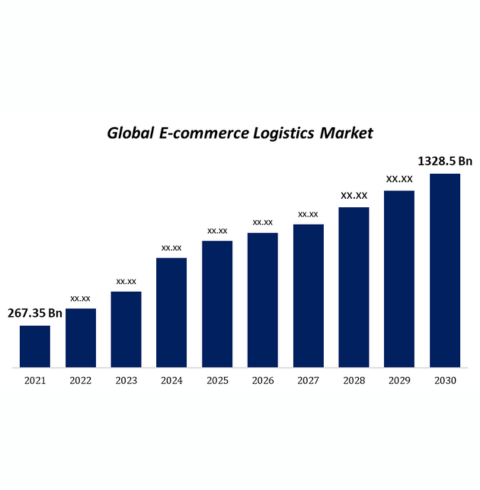Future of E-commerce
E-commerce is expected to reach a market volume of $1,563 billion by 2027, with revenue expected to grow at a 11.51% rate. The shift in consumer behavior and purchasing habits is driving this growth. The rise of big data, machine learning, and artificial intelligence (AI) is driving personalized shopping experiences. By 2025, personalized shopping is expected to dominate the market, offering more engaging and customized online experiences. Future e-commerce platforms will use AI and machine learning algorithms to analyze client data, enabling businesses to tailor user experiences, product recommendations, and marketing strategies.
Importance of E-commerce
E-commerce knowledge is crucial for understanding the role of technology in the industry and its impact on consumer purchasing behaviors. It helps identify the best technologies for a business and how they influence consumer behavior. E-commerce also lowers running costs for organizations. Understanding online retailers helps showcase products effectively and allows businesses to operate internationally, offering goods and services for sale worldwide.
Why Choose E-commerce?
Businesses and consumers save money and time shopping online. More products are available, drawing in a larger clientele. However, e-commerce delivery may not be as quick as in physical stores. Commerce is where managerial skills are built from the ground up. Choose a career in Commerce for a solid foundation in management and finance.
Career Growth of E-commerce
It is anticipated that there will be 501.6 million e-commerce consumers by 2029. By 2029, it is expected that user penetration would have increased to 34.0% from the forecasted 22.1% in 2024.2 Acquire the necessary abilities and equipment. You must become proficient in a few key areas in order to manage, optimize, and expand your online store. These areas include e-commerce business management and online store growth. These include of web development and design to produce a visually appealing, responsive, and user-friendly website. E-commerce is a retail approach that involves all sales transactions taking place online or through digital applications. It is considered one of the leading sectors. It makes a wide range of work opportunities possible, including those in marketing and design, customer service and finances, inventory and delivery, and design.
Other Trainings
Introduction to E-Commerce
- Definition and Scope
- History and Evolution
- Key Concepts and Terminologies
- Global and Local Perspectives
- Current Trends and Future Outlook
E-Commerce Business Models
- Types of Business Models
- Revenue Models
- Case Studies
- Building a Business Model
- Business Model Innovation
E-Commerce Technology and Infrastructure
- Website Development
- Payment Systems
- Security and Privacy
- Logistics and Supply Chain Management
- Mobile Commerce
Digital Marketing and Customer Acquisition
- SEO and SEM
- Social Media Marketing
- Email Marketing
- Content Marketing
- Analytics and Metrics
Legal and Ethical Issues in E-Commerce
- Regulatory Compliance
- Intellectual Property
- Consumer Rights
- Ethical Practices
- International Trade Laws






